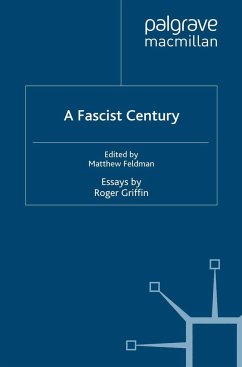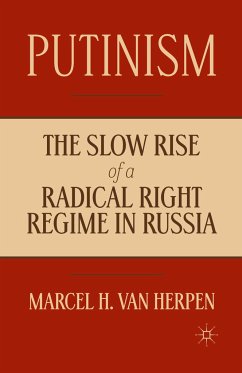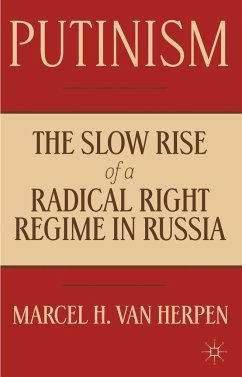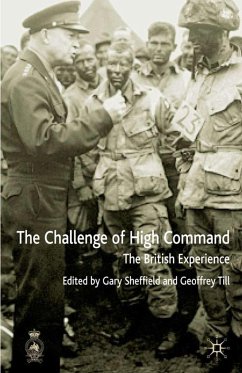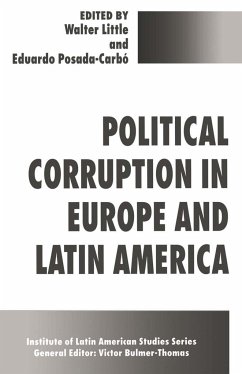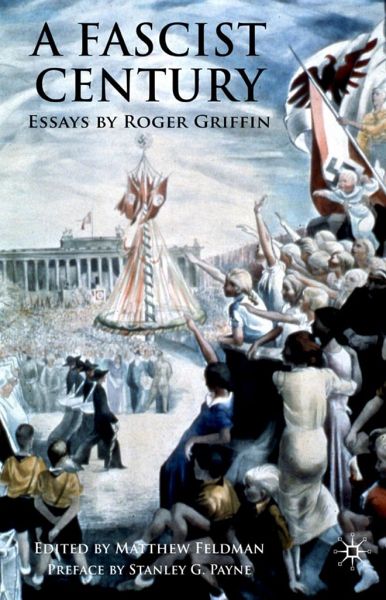
A Fascist Century
Essays by Roger Griffin
Herausgegeben: Feldman, Matthew
Versandkostenfrei!
Versandfertig in 6-10 Tagen
76,99 €
inkl. MwSt.
Weitere Ausgaben:

PAYBACK Punkte
38 °P sammeln!
Ten essays on the nature of fascism by a leading scholar in the field, focusing on how to understand and apply fascist ideology to various movements since the twentieth century, Mussolini's prophesied 'fascist century'. Includes studies of fascism's attempted temporal revolution; Nazism as extended case-study; and fascism's postwar evolution.





